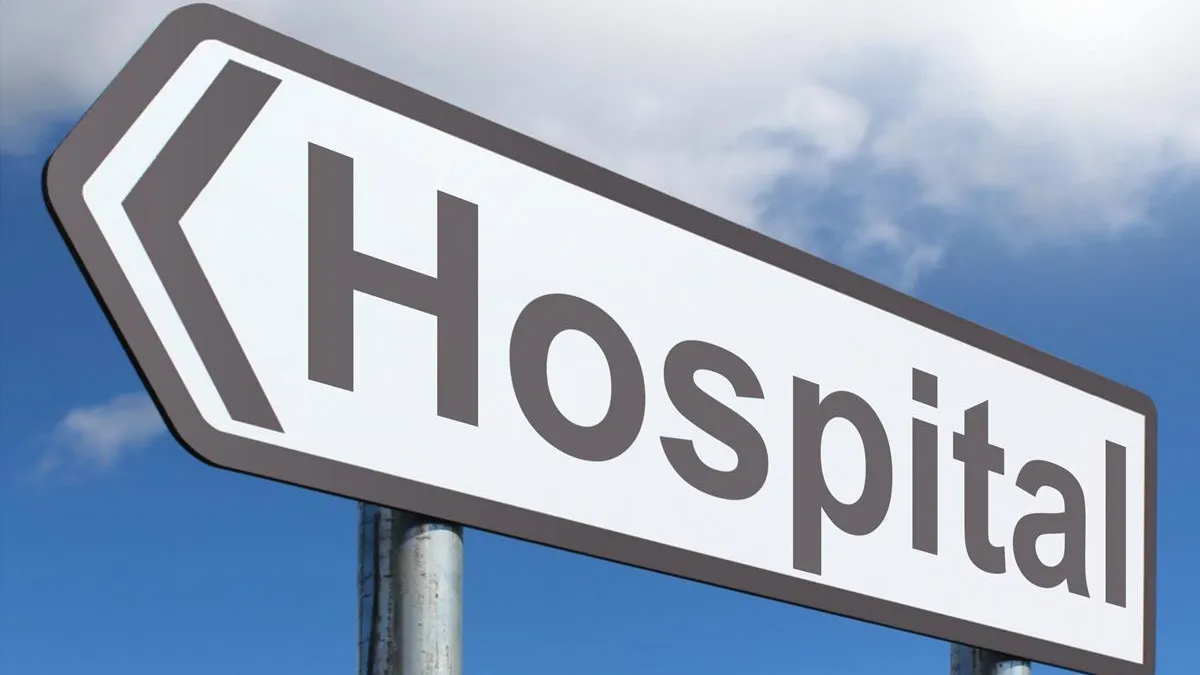Dive Brief:
- Medtech companies have pointed to regional restarts of elective procedures as a key turning point in reviving revenue streams brought to a standstill by pandemic-era restrictions. But whether consumers opt to move forward with those procedures is just as pivotal in determining the sector's recovery, evidenced in a handful of new surveys by medtech analysts.
- One key variable is whether or not consumers feel safe reentering healthcare settings as the COVID-19 threat remains. A Needham survey this week of 269 consumers across the U.S. with an average age of 57 years old found mixed sentiment on when they'd feel comfortable having an elective procedure. Nearly one-third of respondents said it could be as soon as this quarter, while 26% answered they would not feel comfortable doing so until 2021 or later.
- Another potential barrier: loss of health insurance due to loss of employment. In recent years, around half of Americans have been covered by employer-sponsored insurance. Since March, the U.S. has seen 36.5 million jobless claims filed, according to the latest Labor Department data issued Thursday. And a new estimate by economists at Goldman Sachs indicates the unemployment rate could hit 25% before the year is over.
Dive Insight:
During first-quarter earnings reports, medtechs reliant on elective procedures repeatedly predicted business would rebound beginning in the second quarter, further improving in the third and fourth quarters.
Many companies believe April, with widespread social distancing measures in place across the U.S., will prove to be the trough in the trajectory of procedure volumes and revenue growth during the pandemic. But management teams have also acknowledged the pace and shape of recovery remains highly uncertain.
Two important factors outside of the industry's control: retention of health insurance as unemployment climbs, and consumer comfort level in returning to healthcare settings previously closed off for fear of spreading COVID-19. With those variables in mind, analysts at Needham and Jefferies questioned whether Wall Street estimates assuming stabilization or growth in elective procedures by the fourth quarter may be overly optimistic.
Some 23% of Needham's pool of respondents said they had plans to have an elective procedure in 2020. Of those potential patients, 12% said they would not go ahead with their procedure and 16% said they were unsure about what they were going to do.
Needham's numbers track relatively similarly with results from a survey of more than 1,500 consumers published by Jefferies last week, which found that of the 29% of respondents who had procedures scheduled prior to the pandemic, more than three-quarters of those procedures had been canceled or delayed.
Some 65% of respondents expressed concern about procedures due to the continued threat of COVID-19, and most commonly answered that a vaccine, proven treatment, and assurance of safety from their clinician would be key to allaying those concerns. Safety issues aside, 28% answered that changes in the economy lower their likelihood of having a procedure.
"While there are reasons to be positive that volumes in medtech will resume — including the urgent economic need for hospitals and doctors to resume procedures and the fact that many procedures can be delayed, but not indefinitely — there are also reasons for caution: the trajectory of COVID is unknowable; the heightened requirements for sterility might reduce capacity at hospital facilities; and, as our survey showed, patients might not be as willing," Jefferies analysts wrote.
And much of the optimism from medtech executives came with a caveat, that a second wave changes the calculus. The top U.S. infectious disease official Anthony Fauci called a fall resurgence of the coronavirus in a second wave "entirely conceivable and possible," speaking to lawmakers this week.
"If some areas, cities, states or what have you, jump over these various checkpoints and prematurely open up ... we will start to see little spikes that may turn into outbreaks," he said.
Edwards Lifesciences CFO Scott Ullem at Wednesday's Bank of America Healthcare Conference provided his own caveat to the company's projected fourth-quarter recovery: "One of the fundamental assumptions, which may be incorrect, of our guidance was that there is not any kind of a big [coronavirus] second wave in any of our major regions. If that ends up happening, then the basis of our guidance is wrong."











